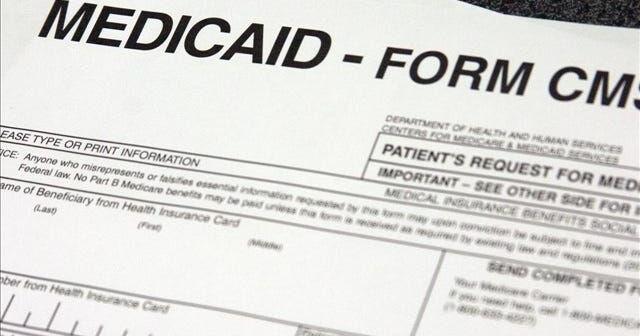Exploring Obesity Drug Coverage in Single-Payer Healthcare at AMA Meeting

- The single-payer healthcare system, where the federal government pays for healthcare, elicited contrasting views during the American Medical Association (AMA) meeting. One viewpoint, represented by Dr. Ray Callas, contended that the single-payer system could weaken standards of care and medical practices. Callas warned against handing over control of the healthcare payment system to the federal government.
- Ryan Englander, a medical student, argued for the single-payer system, stating the existing healthcare system is failing, with money being funnelled into administrative rather than patient care costs. He proposed that a single-payer plan could enhance patient care and provide more affordable coverage. Daniel “Stormy” Johnson, a past AMA president, questioned whether any existing single-payer models assure practice sustainability, highlighting the choice between price controls and moving to a market system.
- The delegates also debated two resolutions regarding increasing insurance coverage for obesity medications. Dr. Kevin Reavis advocated for improved medical management for patients with clinically severe obesity. In contrast, Dr. Vanita Rahman argued against this, noting that obesity is not purely genetic and could be reversed with diet and lifestyle changes. Dr. Ethan Lazarus countered her argument, stating that lifestyle intervention does not work over time and advocated for chronic treatment with obesity medications.
Debate Over Single-Payer Healthcare at AMA Interim Meeting
The concept of single-payer healthcare, a system where the federal government pays for healthcare, received mixed responses at the American Medical Association’s (AMA) interim meeting. Some speakers argued it could “crater the practice of medicine” while others believed that it could “expand access to affordable coverage”.
Ray Callas, MD, representing the Texas delegation, asserted that single-payer healthcare was a threat to the quality of medical practice. He raised concerns about physicians’ freedom of choice and practice and universal access to quality care for patients.
But Ryan Englander, a medical student representing the New England delegation, argued that considering a single-payer model is necessary due to the current broken healthcare system. He criticized the misallocation of funds to administrators rather than physicians and the denial of care by insurance companies to increase profits.
Daniel “Stormy” Johnson, MD, past president of the AMA, and a delegate from Louisiana, questioned whether single-payer models currently in place (such as Medicare, Medicaid, CHIP, and the VA) assure sustainable practice. He urged delegates to ponder where the resolution would lead.
Debate Over Insurance Coverage for Obesity Medications
Delegates also discussed resolutions aimed at improving insurance coverage for obesity medications. Kevin Reavis, MD, representing the Oregon delegation, emphasized the need for better medical management for obesity, which is recognized as a disease just like diabetes.
However, Vanita Rahman, MD, cautioned against an over-reliance on medications over diet and lifestyle changes. She highlighted the limitations of weight loss medications like GLP-1 agonists, noting they offer limited and short-term benefits and come with a substantial price tag.
Meanwhile, Ethan Lazarus, MD, representing the Obesity Medicine Association, argued that lifestyle interventions do not yield long-term results. He emphasized the need for long-term medication management for obesity and called for better insurance coverage for obesity drugs.
References
American Medical Association’s (AMA) interim meeting
—
Read More Health & Wellness News ; US News



Leave a Comment